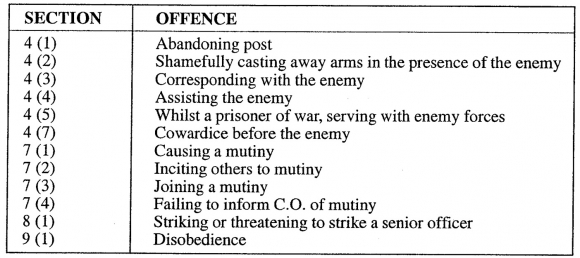Today’s children are different from previous generations: they are not capable of self-control and do not know how to restrain emotions. How to teach them to manage their behavior? Advice from journalist and psychologist Katherine Reynolds Lewis.
Habitual tricks, such as «sit and think about your behavior» and the good old method of rewarding, do not work with today’s children. Imagine that your child was unable to bike to the stop sign and back — would you send him to “sit and think” alone for this? Of course not. Firstly, this is pointless: the child needs to develop balance and coordination, and punishment will not help him in this. Secondly, in this way you will deprive him of a wonderful opportunity to learn … learn.
Children should not be influenced by rewards and punishments. Instead, parents should teach their children self-control, including by example. What will help with this?
שטיצן
Be aware of factors that may influence your child’s behavior: too busy schedules, lack of sleep or fresh air, excessive use of gadgets, poor nutrition, learning, attention or mood disorders. Our task as parents is not to force children to do everything right. We need to give them more independence and responsibility, teach them what it takes to succeed, and provide emotional support when they fail. Do not think: “What can I promise or threaten him to behave well?” Think: “What do you need to teach him for this?”
קאָנטאַקט
Empathy from those around us — especially mother and father — and physical contact help us all to better control ourselves. One-on-one interactions with the child, encouragement, weekly leisure activities for the whole family, household chores together, and acknowledging the child’s help or interests (instead of «praise in general») are useful to maintain attachment. If the baby is upset, first restore contact and only then take action.
דיאַלאָג
If a child has a problem, do not solve it yourself. And don’t claim to know what’s wrong: listen to the kid first. Speak to him as respectfully as you would to a friend. Do not dictate, do not impose your point of view, but share information.
Try to say «no» as little as possible. Instead, use “when…then” and positive affirmations. Don’t label your child. When describing his behavior, be sure to mention the positive traits that you noticed. Feedback about a particular behavior or achievement will encourage the child to take further action, while «praise in general» may backfire.
באַונדעריז
The consequences of certain actions should be agreed in advance — by mutual agreement and with respect for each other. The consequences must be adequate to the offense, known in advance and logically related to the behavior of the child. Let him learn from his own experience.
דוטיז
Make the child responsible for part of the household chores: washing the dishes, watering the flowers, cleaning the nursery. Homework in general lies entirely in the area of his responsibility. If the school asks too much, talk to the teacher or help the child conduct such a conversation (of course, you need to understand in advance whether such a conversation makes sense).
סקיללס
Focus less on achievement in academics, sports, and the arts and more on emotional management, purposeful action, and life skills. Help your child figure out what works best to calm him down: a quiet corner, exercise, a spinner or a stress ball, conversation, hugs, or something else.
Bad behavior is a “weed” that grows if you “fertilize” it with your attention. Don’t make this mistake. It is better to note the cases when the child behaves the way you would like.
Source: C. Lewis «Good News About Bad Behavior» (Career Press, 2019).










